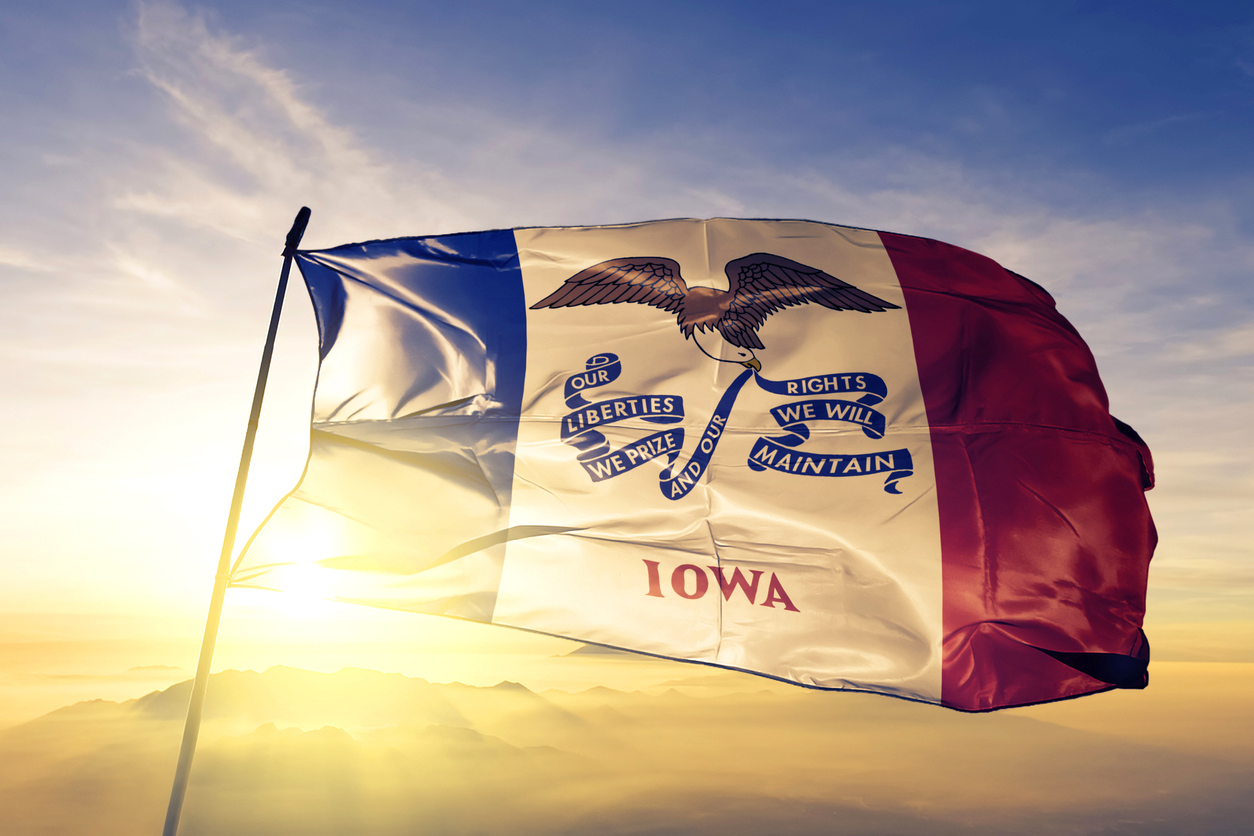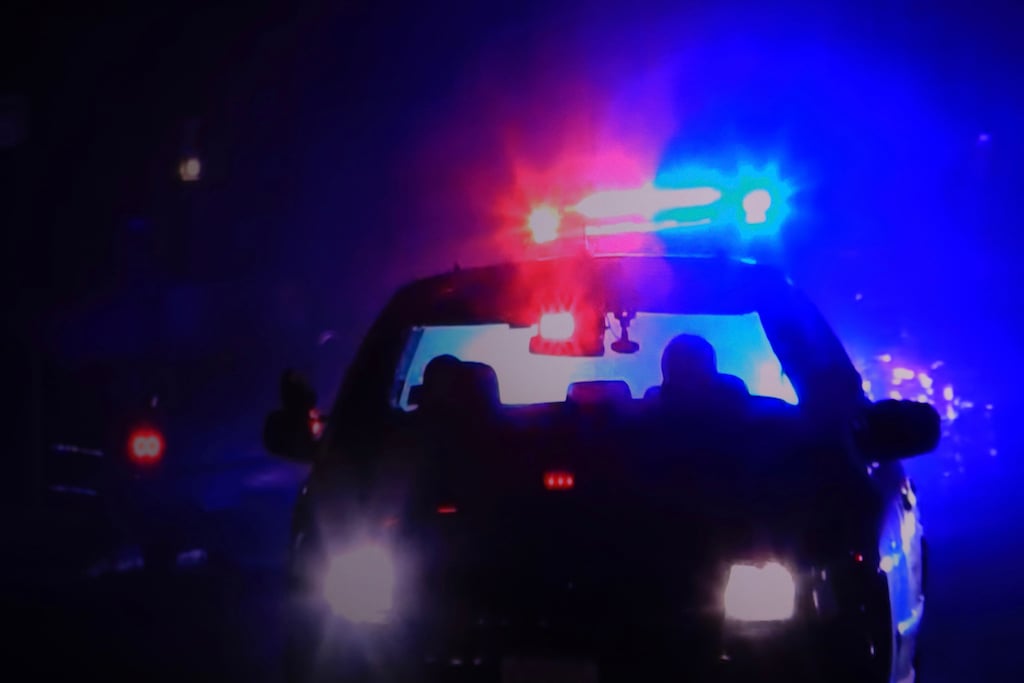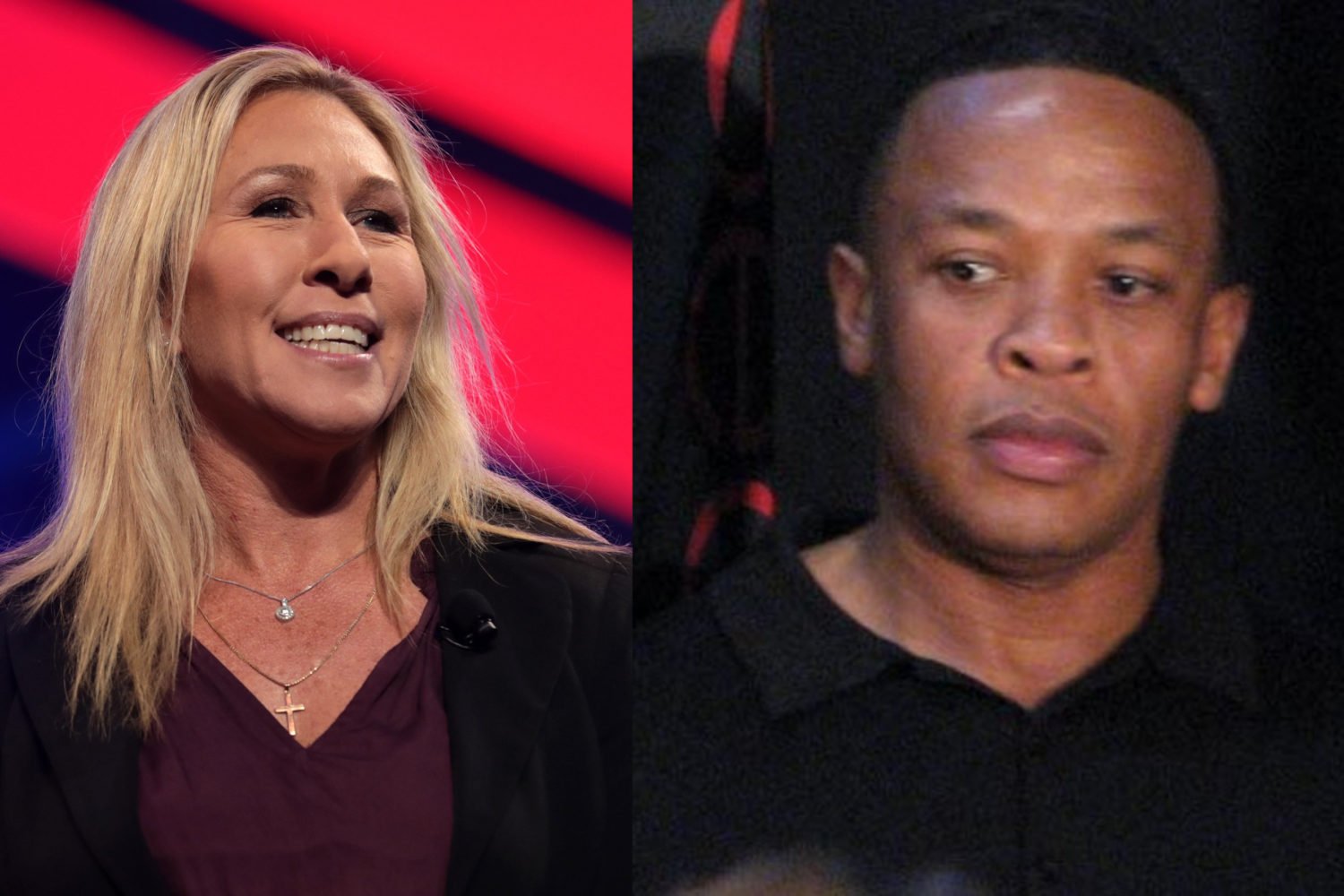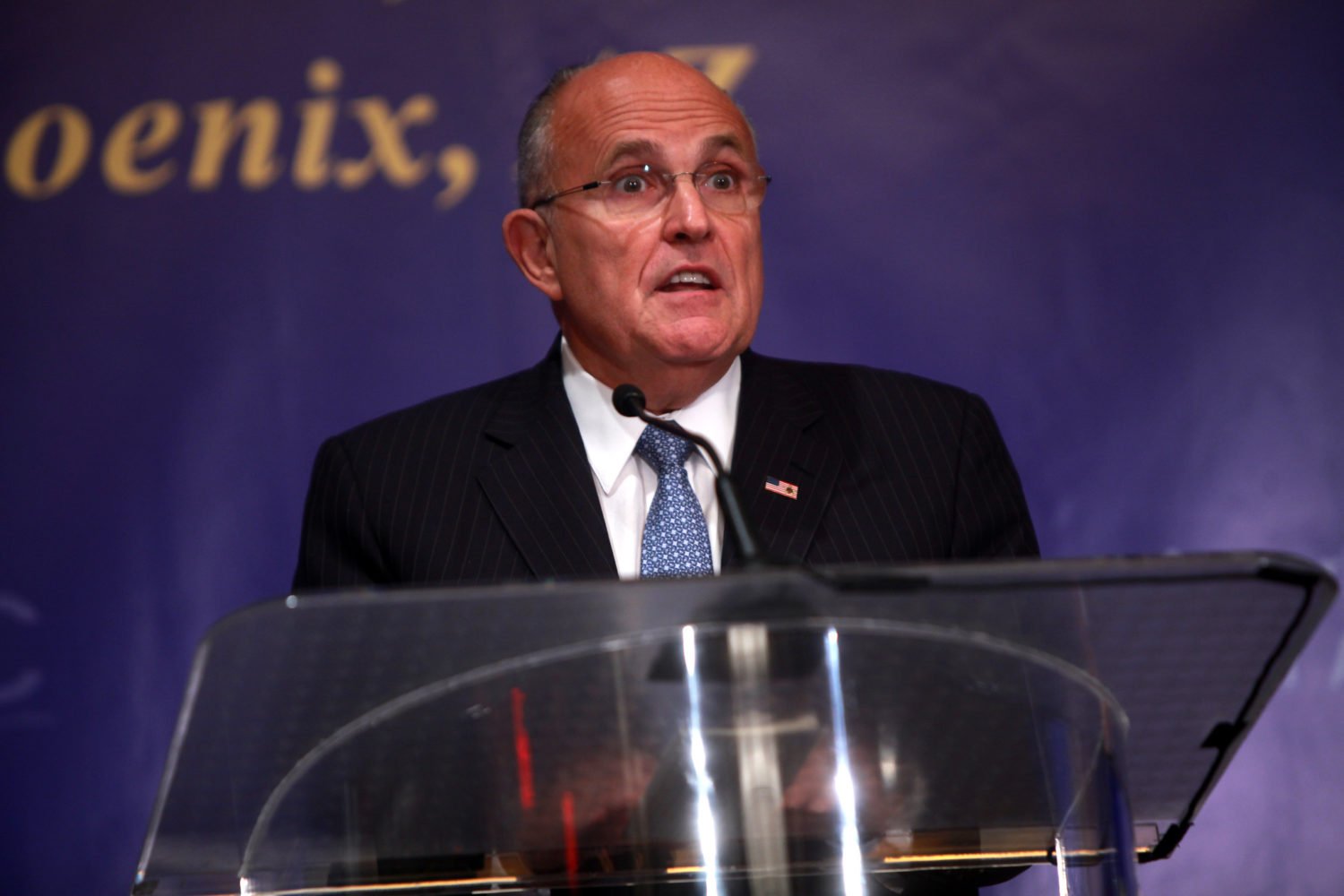If you’re a Democrat who’s registered to vote in Iowa, you won’t need to return home to take part in the state’s caucuses on February 3: You’ll just need to get yourself to the Marriott Wardman Park Hotel in Woodley Park or George Mason University. They’re two of the 99 “satellite” locations for the caucuses that the Iowa Democratic Party approved for 2020. These caucus sites, which debut for the first time in a Presidential election year, help the party comply with a Democratic National Committee initiative to make primary and caucus voting more accessible. While a good number of the satellite sites are in Iowa, 25 are out-of-state, many in snowbird-rich environments like Arizona and Florida, and three are in other countries, including Scotland, France and the Republic of Georgia. And the DC area!
But you don’t need to be an Iowan to observe this famously quirky method of helping to choose a major party nominee. The two caucuses in this area are open, so politics nerds should be able to hang on the sidelines.
“I do recommend observing a caucus if possible,” says Laura Belin, editor of the Iowa politics blog Bleeding Heartland. “It’s fun to have a lot of politically engaged people in one room, and most of the time the atmosphere is friendly, not acrimonious.”
Caucuses are traditionally held in firehouses, churches, even living rooms, and they require supporters of individual candidates to gather in designated areas of a room. Caucus-goers then have a period during which they can try to convince their neighbors in, say, the Bernie Sanders corner to mosey over to the Elizabeth Warren cluster. Candidates have to receive at least 15 percent of the caucus-goers in each room to have a shot at receiving delegates.
“The most striking thing I remember is the level of commitment required from the public to participate in it,” says Olivia Becker, who covered the 2016 Republican caucuses for Vice News. “You literally have to spend most of your evening, after work, on a cold, snowy school night, in a high school gym with strangers debating politics. It requires way more than just casting an anonymous ballot.” The fact that it’s a long night doesn’t always play well with work or childcare plans, or residence in a nursing home.
“When I was an organizer, this came up all the time,” says Chris Liddell-Westefeld, who worked for then Senator Barack Obama‘s caucus team in 2008 and later worked in the White House. His new book, They Said This Day Would Never Come, is an oral history of how campaign staff and volunteers helped Obama upset Hillary Clinton in Iowa before he went on to win the nomination. Liddell-Westefeld now lives in DC and can’t vote in the caucuses, but he says he might trek up to the Marriott to see how a caucus might look in the District. One thing he’s curious about is whether campaigns will be able to deploy precinct captains in satellite locations: The mechanics of the process favor candidates who can muster someone to help corral caucusers. “It’s going be especially hard for every candidate to have someone in the Republic of Georgia because it’ll be 4 AM over there.”
Becker says she recommends observing if at all possible: “It feels very 17th century, small town meeting-style, which I think is really different from how we experience politics now—for the better! It reminds you how local politics is and that each individual has a voice—if they want to commit their time and energy to it.”
If you’re an Iowan and wish to caucus at a satellite location this year, you have to register by January 17.




















